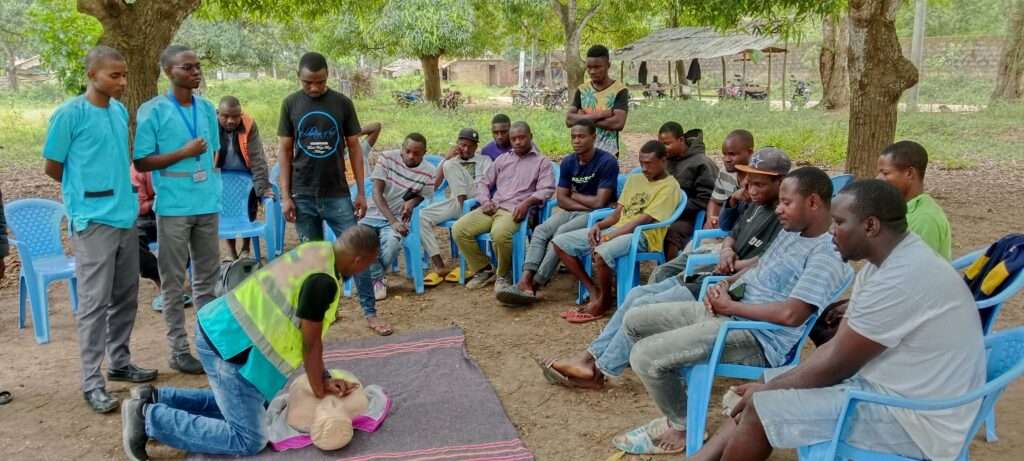COBES
Community Based Education and services
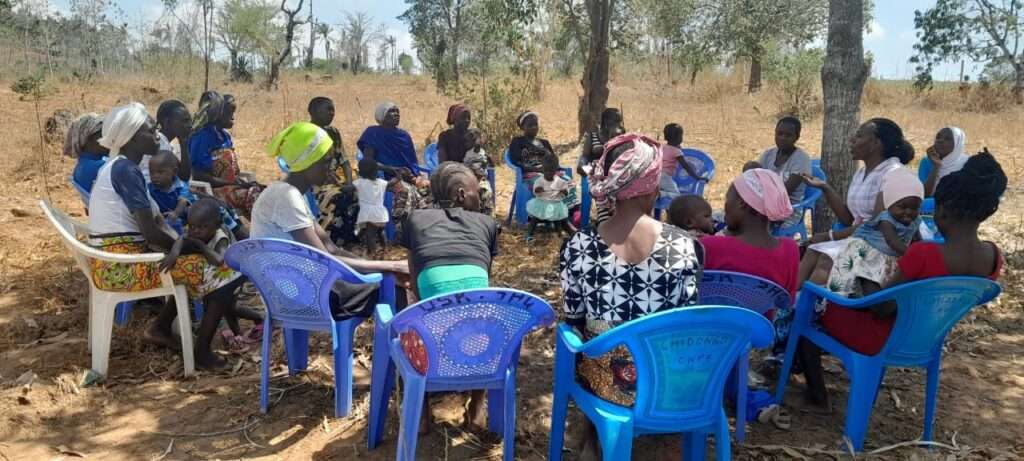
The main objective of the program is to enhance primary health care thus leading to its modification to: Enhanced Primary Health Care (EPHC) and Community Based Education Services (COBES).
The program aims to reach its target population through health care facilities at primary level and through engagement at the community level. It is set up as a program perpetually driven by Community Health Promotion Fund (CHPF), in collaborations with Ministry of Health(MOH) Kilifi South Sub-county, with continuous support from North Coast Medical Training College (NCMTC) and with support through projects under the program which may vary from time to time.
The COBES component aims to improve and make more equitable all aspects of primary health care . It support the implementation of government policies and strategies , specifically the primary care networks. At community level, EPHC includes use of social behavior change communication concepts and principles to promote health and prevent diseases, community engagement , empowerment and advocacy on health rights, and the provision of quality home based ( palliative ) care. At dispensary and health Centre level the focus is on availability of an expanded range of quality curative and rehabilitative services. At all levels , the program aims to improve the referral system in all directions and better use of healthcare data ( sentinel surveillance)
Finally COBES components aims to train, coach, and guide healthcare students to improve their competency in providing primary healthcare at community and facility level. This will boost their understanding of primary healthcare services and structures. In turn this will make it possible to replicate and develop better systems to improve provide such care elsewhere.
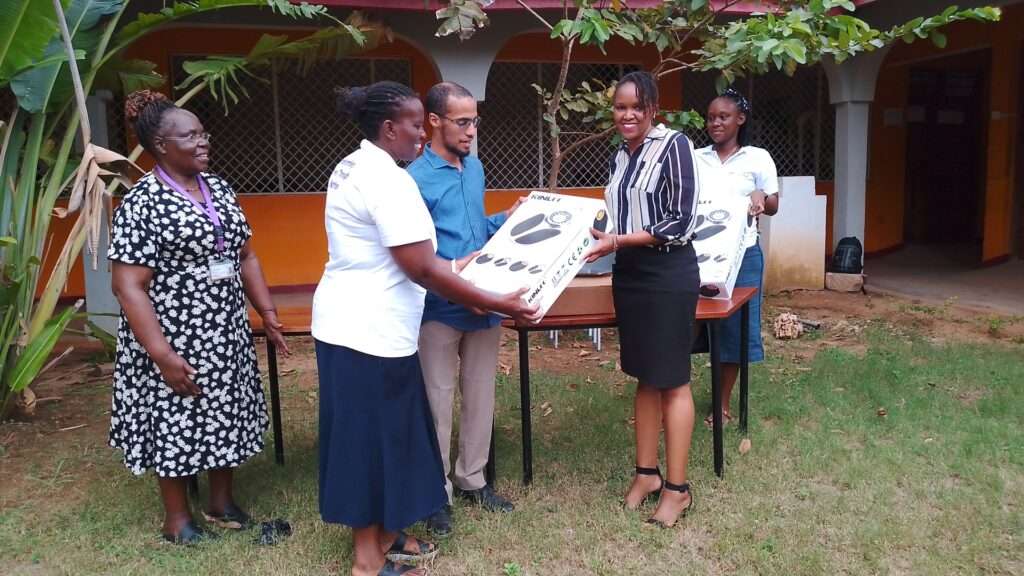
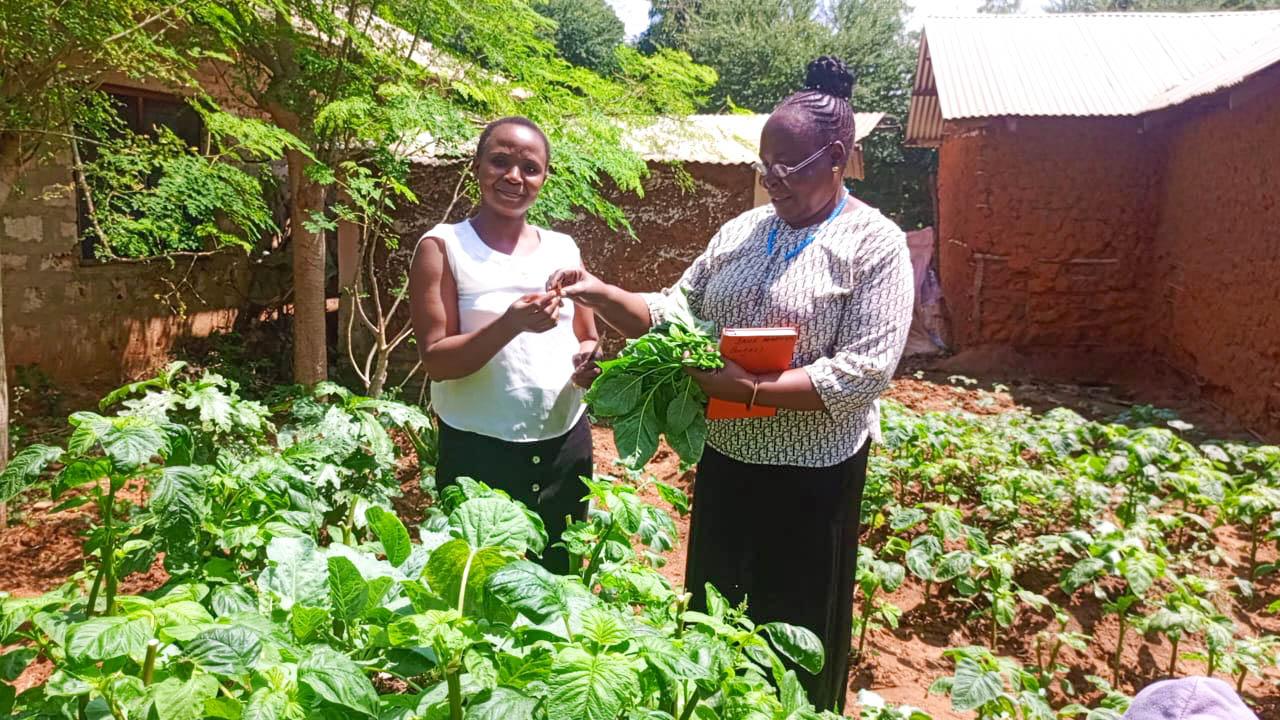
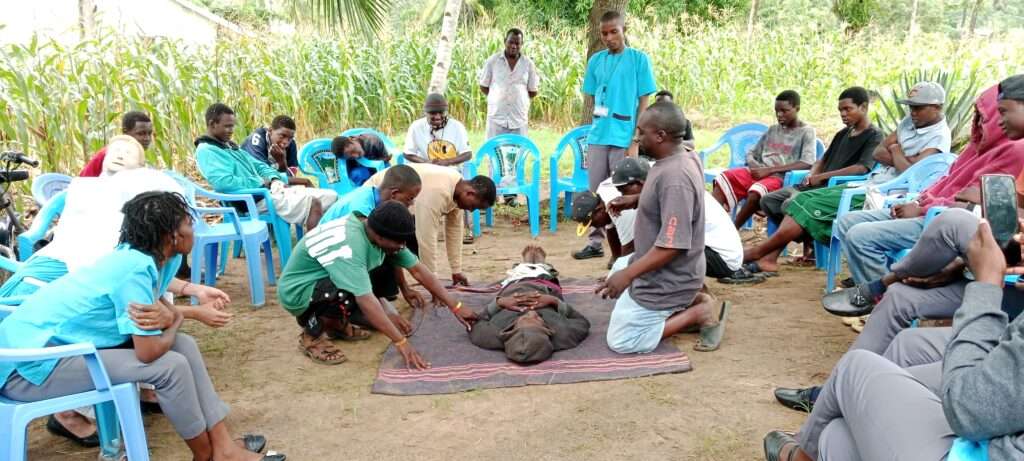
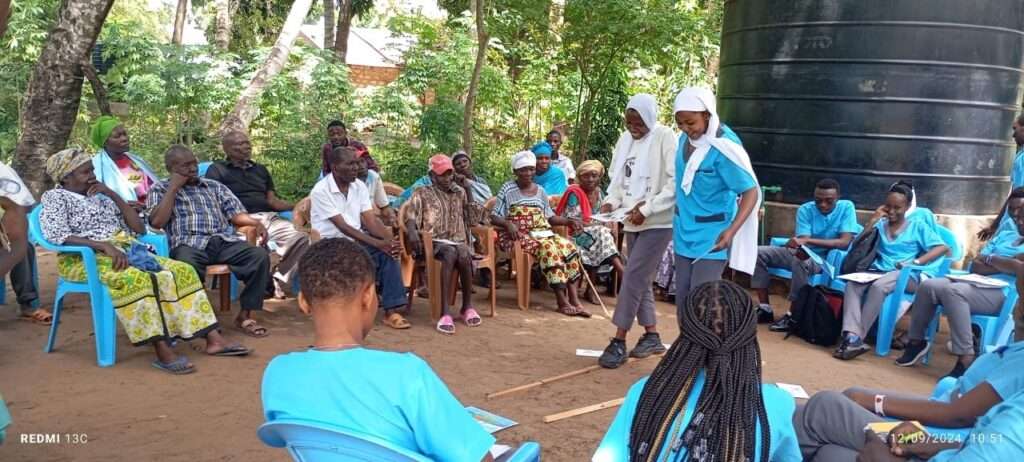
our main goals
COBES components aims to train, coach, and guide healthcare students to improve their competency in providing primary healthcare at community and facility level. This will boost their understanding of primary healthcare services and structures. In turn this will make it possible to replicate and develop better systems to improve provide such care elsewhere.
CORE OUTCOMES
Six specific core outcomes of the program.
- Reorganize management and operation systems within the program set-up
- Building strong partnerships among stakeholder in the program and the health sector in the community.
- An empowered
community able to advocate and lobby on their own health matters affecting individuals, family and communities. - have a well networked, good quality, accessible primary healthcare system.
- An enhanced community-based education and services approach for healthcare students supporting the primary healthcare system.
- Increasing equity in healthcare training access.
TARGET GROUPS
Target groups of the program
The population of Kilifi South Sub-County is the general target group of the program.
Among this population, various projects might target different communities in different geographical areas, attending different facilities, or having specific characteristics.
The program area for 2024 – 2029 will progressively expand from Bomani-Junju-Mtomkuu sub-location where the pilot project was based to target a wider part of Kilifi-South Sub-County. By 2029, the program aims to cover intensively an area of at least triple the size of the initial project and include a wider area in Junju location, and at least part of Mtepeni location. Parts of Mwarakaya and Chasimba are currently targeted in one project and might be targeted by other specific projects but are not foreseen to intensively be covered in the coming years.
Among the wider target group, it is particularly the vulnerable groups that are the target.
Besides the low socio-economic segment of society, children, adolescents & youths, pregnant women and mothers are considered as particularly vulnerable groups as well as the elderly and those with chronic diseases.
Although the program works under a holistic framework and uses the family medicine approach, we also aim to serve the above-mentioned groups under specific service provision frameworks
First Aid Training To the Boda Boda Riders
Educating the community on what first aid is all about to enhance community response to emergency cases. Basic first aid knowledge is vital for everyone, as it can help to prevent minor injuries from becoming more severe. Moreover, trained individuals can relieve pain, prevent infections, and reduce the risk of further damage to the injured area.
Additionally, administering first aid in a timely manner can help to prevent long-term disabilities. For example, if someone experiences a stroke, proper first aid can help to minimize brain damage and reduce the risk of permanent disability. Similarly, if someone suffers a heart attack, performing cardiopulmonary resuscitation (CPR) can increase their chances of survival.
Basic first aid training covers a range of topics, including how to assess the situation, how to perform rescue breathing and CPR, how to treat burns, cuts, and bruises, and how to use an aid kit.
Kitchen Gardening Program
The photo above show the COBES Manager Jane Mabuka purchasing the vegetables from one of the Bomani kitchen garden beneficiaries. The kitchen garden is a space set apart in the landscape for growing vegetables for everyday use inside the kitchen to prevent malnutrition among young children and good nutrition among post natal mothers. The kitchen garden beneficiaries also sell the produce too to enable them meet their day to day expenses. One requirement of proper nutrition is to ensure that over half of your dinner plate contains vegetables. In rural areas, it is easy to access a variety of vegetables and fruits. However, in urban areas where land is scarce, the only option is to buy. Buying comes with its own set of challenges that you and I have to contend with daily. Fortunately, you can grow your own vegetables regardless of where you live.

Disability awareness Talk By Victor Landman
“Disability is not inability” an inspiration learned by the North Coast Medical Training College students from Victor Landman who is a disabled student from the Netherlands. Victor is a nursing student in his 3rd year at the Christelijke Hogeschool Ede. He had the opportunity to give a presentation, which focused on his perceptional change story about disability.
His closing remarks were: “People with disabilities have unique experiences, and it is essential to grant them opportunities to explore and express themselves” Three things to be addressed by the community on disability includes: Recognition of disabled, Be given opportunity and Be listened to.
Community Health Promotion Fund engagement with community stakeholders.
Community Health Promotion Fund engagement with community stakeholders. It was a successful meeting with the community Health stakeholders at the NCMTC to undertake data review process. The activity is an enabler to realize the achievements, challenges and plan on the deficits in the next year’s work plan. The program sponsored by Community Health Promotion Fund through Community Based Education Services (COBES) and the Research Department.
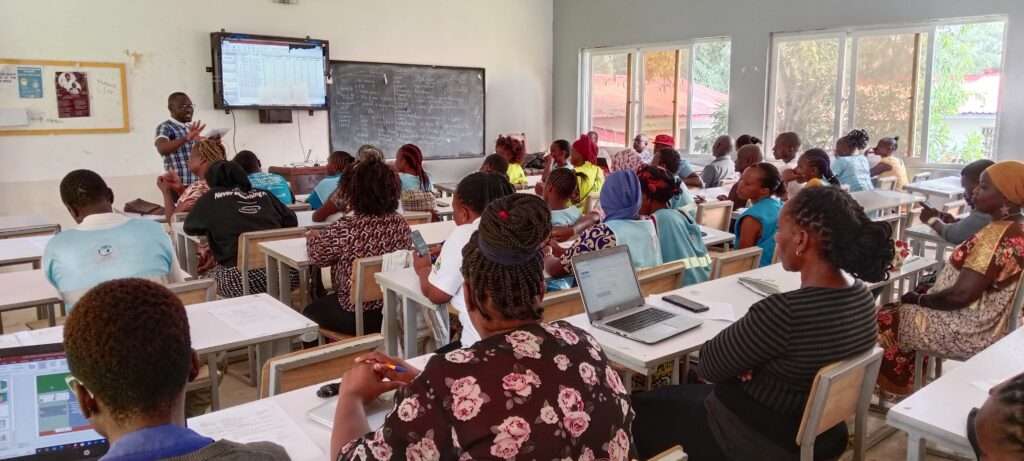
DONATIONS TO HEALTH FACILITIES
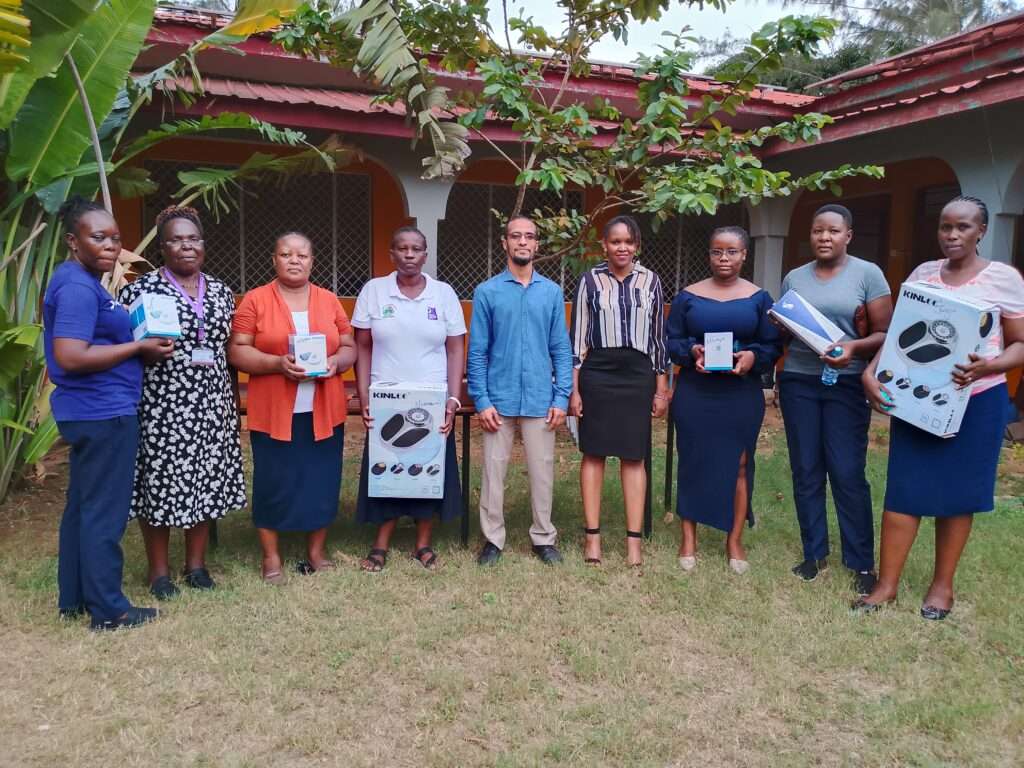
Entrepreneurship Training
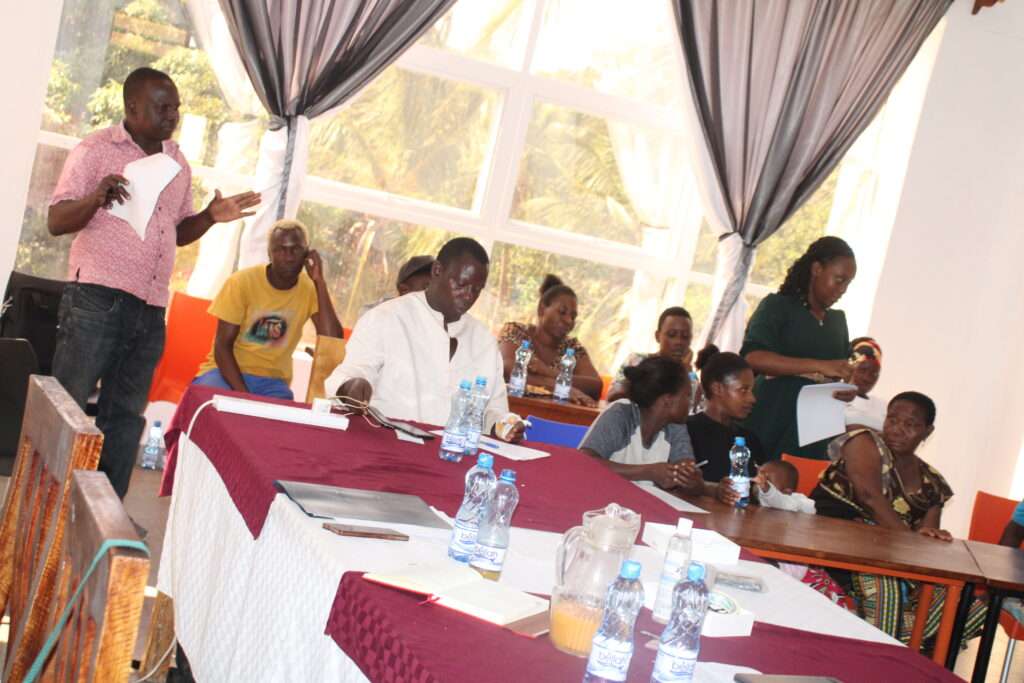
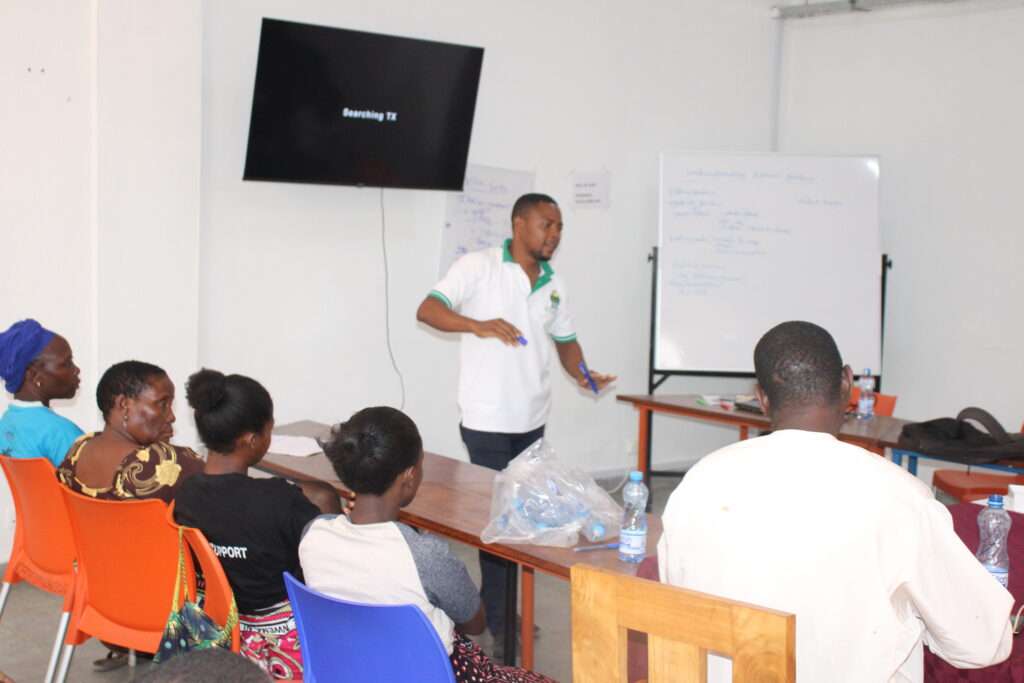
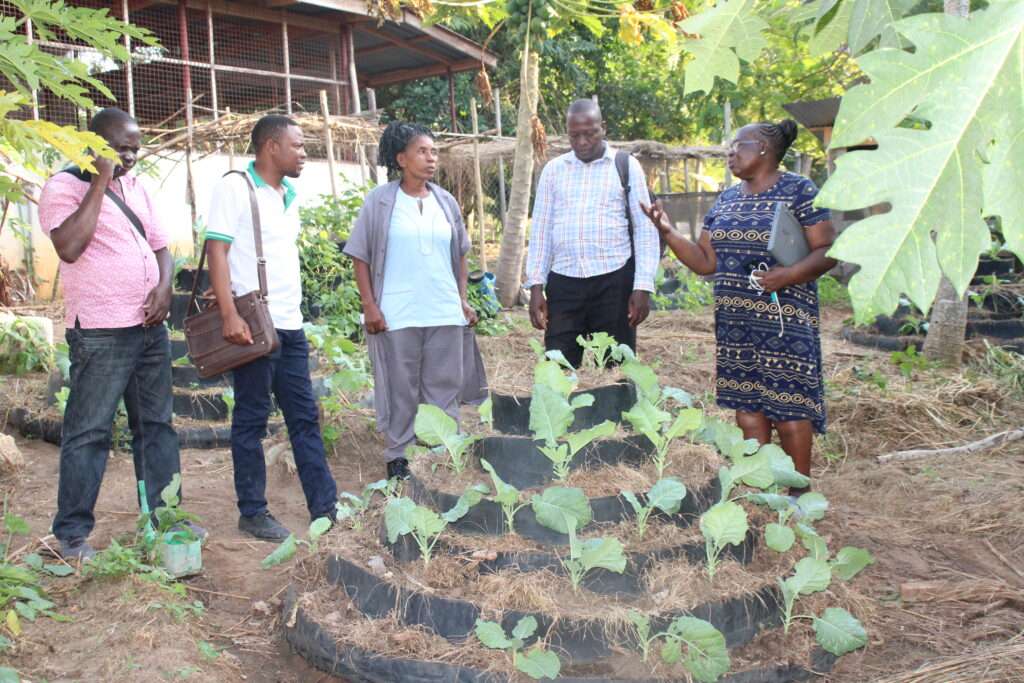
International Malaria Day Celebration 2025
Community Health Promotion Fund remain an icon in championing the Universal Health Coverage Agenda. On Friday 25th April 2024, the organization took part in the world day for Malaria at the county level. Kilifi county event was hosted at the Mwembe Kati Mwarakaya ward. the occasion that was graced by the county Director Ministry of Health Dr. Hassan Khamisi. In his remarks he identified CHPF as the beacon of UHC in kilifi south sub-county. This comes into being as a result of the clear indicators of decreased malaria cases and other Non-communicable diseases in the region following the community centered interventions. He called upon other organizations to follow suit and campion the UHC.
The event started with the youth tournament finals as one of the mechanisms to bring them on board to get informed of the dangers. Dr khamisi encouraged the youths to be good ambassadors in making the community more informed and healthy. This was echoed by the subcounty director Dr Sultan and in his remarks also he appealed for a multi-approach to combating malaria and other cases.
Community Health Promotion Fund and North coast Medical Training College had a chance to showcase their works through the video done in the community on Malaria; prevention, signs and symptoms and treatment as well as artistic means through modelling. Modelers were crowned following their impressive presentation thus they remain Malaria Champions until 2026 April 25th.
We treasure serving the welfare and demands of the community as well as taking creating avenues to let our community equipped with requisite knowledge and skills.
This video provides the highlights of the events that took place during the celebration. It is a news from COCO Fm.
This video was produced with the intention to educate the community on malaria, capturing the myths surrounding the entire health system in the community.

